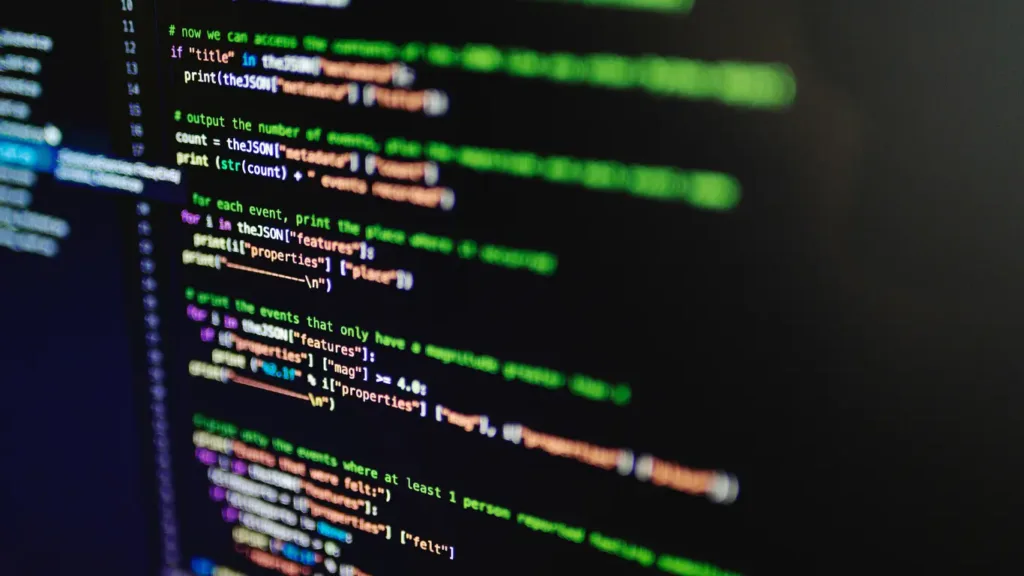If you’re beginning your journey into Python programming, one of the first and most important topics you’ll encounter is the concept of variables. Variables are a core part of any programming language, and understanding how they work is essential for writing effective, organised code. In simple terms, a variable acts like a container that stores different types of data, such as numbers, text, or logical values.
In Python, variables are easy to create and use, which makes it a great starting point for beginners. Whether you’re building a calculator, collecting user input, or performing data analysis, variables allow you to store and reuse information throughout your program. They help make your code flexible, readable, and easier to maintain as your projects grow.
In this beginner-friendly guide, we’ll explore what Python variables are, why they matter, how to name them correctly, and how you can start using them in your own programs.
What Is a Variable in Python?
A variable is a name that you assign to a value. Think of it as a container or label that stores data. When you’re writing code, you’ll often need to store numbers, text, or other types of information. Variables help you keep track of that data so you can use it later in your program.
For example, if you want to store someone’s age, you can create a variable to hold that number. This makes your code cleaner and easier to work with, especially as your program grows larger.
Why Are Variables Important?
Variables allow you to write dynamic, reusable code. Instead of using fixed values throughout your program, you can use variable names. This means:
- You can change values easily without editing multiple lines.
- You can reuse variables for different tasks.
- You can make your code more readable and easier to understand.
- Your program becomes flexible since it works with different inputs.
Whether you’re making a calculator, a game, or a data processing tool, variables will be at the heart of your Python program.
Guidelines for Naming Variables in Python
To use variables correctly in Python, you need to follow some basic naming rules. These rules help prevent errors and ensure your code is easy to read and understand:
-
Variable names must start with a letter (A–Z or a–z) or an underscore (_). You cannot begin a name with a number.
-
Names can include letters, digits, and underscores, but no spaces or special characters like %, &, or @.
-
Python treats uppercase and lowercase letters as different, so
Name,nameTheyNAMEare seen as separate variables. -
Avoid using names that match Python’s reserved words or built-in functions (like
print,input, orlistto prevent issues in your code.
It’s a good habit to choose variable names that clearly describe what they store, for example, like user_name, total_amount, or item_price help make your programs easier to follow and maintain.
Tips for Using Variables as a Beginner
Here are a few helpful tips to keep in mind when working with Python variables:
- Use simple names that explain what the variable is storing
- Avoid special characters in names except for underscores
- Update values as needed can change a variable’s value anytime
- Use print statements to check what’s stored in your variables while debugging
As you write more code, you’ll start to see how variables help you manage and control your program’s behaviour.
Common Mistakes to Avoid
When learning about variables, beginners often make a few mistakes. Watch out for these:
- Using a variable before giving it a value
- Misspelling variable names (Python will not recognise them)
- Mixing up uppercase and lowercase letters
- Using spaces or special characters in names (like $ or -)
By keeping these mistakes in mind, you’ll write cleaner code and avoid errors early on.
Variables are one of the most basic yet powerful concepts in Python. They help you store and manage information in your programs in a simple and flexible way. As you continue learning Python, you’ll find yourself using variables in almost every project, whether it’s basic math, user input, or large data sets.
Mastering variables early sets the foundation for more complex programming concepts like loops, functions, and data structures. So take your time, practice a few examples, and get comfortable with using variables-it’s a skill you’ll use again and again.
